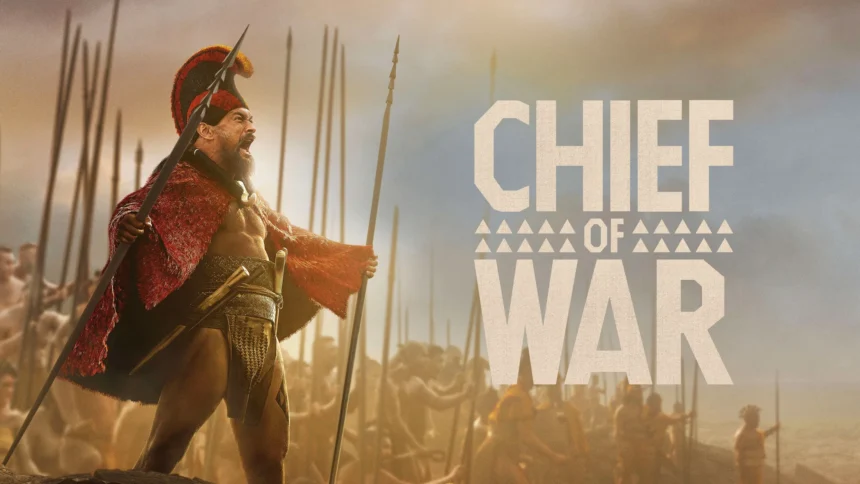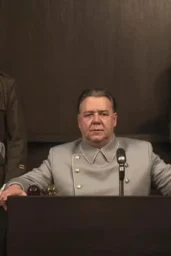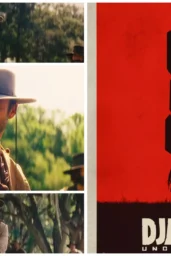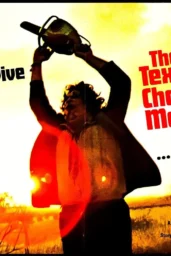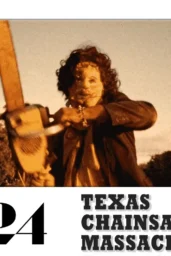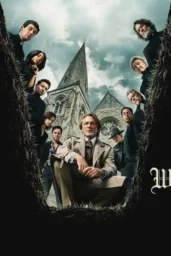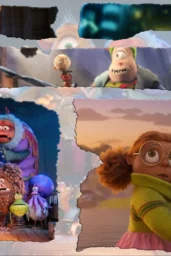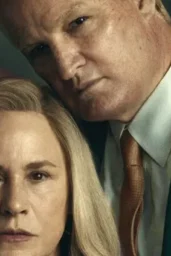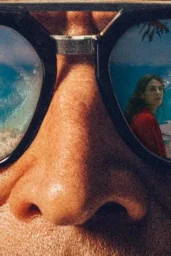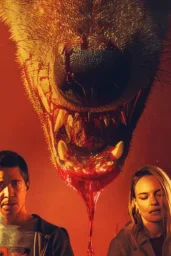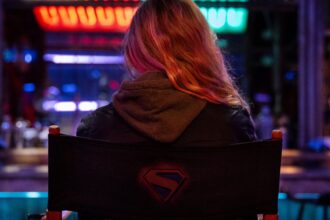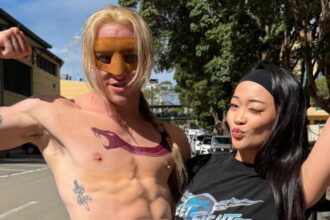Let's get one thing straight—if you're still hung up on the idea that TV's golden age is mostly about grim detectives and prestige reboots, you haven't been paying attention. Because every now and then, some madman (that's a compliment in this business) bulldozes through pop culture's tarpit and drags something truly original into the daylight. Enter Chief of War, premiering August 1st on AppleTV+. Go on—mark it down, then put your phone away. I'll wait.
Now, “authentic Hawaiian history” isn't a phrase TV execs have been known to gamble careers on. But it's 2025, and apparently, anything can happen—streamers need differentiation, and suddenly, Jason Momoa (who also co-created) is daring enough to anchor a saga about the unification and colonization of Hawai'i at the turn of the 18th century. No king mythos, not at first—this story happens before Kamehameha glowers his way into legend. That's already a radical thing to say on television. Trust me, I've watched networks bend history for less.
But it's not just about the story—it's about who gets to tell it. Instead of the usual parade of outsiders, Chief of War is nearly wall-to-wall Polynesian talent, led by the fiercely grounded Te Kohe Tuhaka (The Dead Lands) as Nāmākēhā, a high chief willing to bleed for unity. I've seen Tuhaka scrub off fake tattoos in rain so cold his lips turned blue—believe me, the man doesn't fake commitment. He told Bleeding Cool, “You'd think, ‘We're going to tell a Hawaiian story'—so, King Kamehameha, right? But this is before any of those stories, so that was most intriguing for me.” Give me a guy who doesn't follow the textbook.
The Grind of Real History (and Real Weather)
Look, I grew up thinking Hawaii was all surf flicks and Technicolor leis, courtesy of a thousand bad movies and worse TV specials. But Momoa and co-creator Thomas Pa'a Sibbett, together with directors like Justin Chon and Brian Andrew Mendoza, torched the postcard. They built this from the bones out—no shortcuts, no “spiritual consultant” fluff.
Tuhaka digs deep. “I immersed myself not only in the language journey for the show, but also in the cultural journey,” he says. The kicker? Nāmākēhā is Jason Momoa's actual ancestor. Let that pressure settle on your shoulders for a minute. Tuhaka had to nail not only the acting, but also the lineal pride—each inflection, every stance, the weight of Hawaiian traditions and the looming shadow of colonization.
For what it's worth, grueling fights and mud-slicked stunts (his specialty) weren't the hardest part. No—it was shooting Hawaiian sun in the dead of a New Zealand winter. You try channeling Aloha when your breath fogs the boom mic. The production went all in anyway, clothing and language and makings-of clashing, grinding until it felt—if not warm—at least alive.
No More “Exotic” Side Stories
Let's not pretend: historical dramas love mythologizing. It's easier. But Chief of War? It refuses the easy way out. Here's a series (finally) where indigenous voices, costumes, and dialect aren't window dressing—they're the core. From Temuera Morrison's gravitas to Luciane Buchanan's spark, every actor brings flesh and history and conflict, not just cardboard archetypes. I saw one early cut where even background villagers looked like they had ages of story behind their eyes. Not because it's “important”—but because it's right.
This all lands August 1st—double-episode premiere, Fridays after that, on AppleTV+. Write this down if you're tired of soggy imports and want something sharp for your Friday nights.
And, yes, if you care: James Udom, Moses Goods, Siua Ikale'o, Mainei Kinimaka… the entire table is stacked with pros who care about getting the fire, not ticking a box.
Is Chief of War Actually Worth It? (Or: Can TV History Still Surprise?)
You can say I'm cynical—maybe you should, after all these years in “the discourse”—but every so often a streaming drama puts its money on authenticity instead of easy nostalgia. Is Chief of War a giant leap for TV storytelling or just another streaming curiosity? I don't know. But when the credits roll and you feel that chill (not just from New Zealand weather), and hear history murmur in the background, you'll know why this one matters.
If you remember one thing, remember this: There's still nothing more dangerous, or more necessary, than telling your own story in your own voice. And Chief of War, at long last, is doing just that.
So open a window, let the real air in, and join the conversation—leave a comment, argue with me, share this, whatever it takes to keep authentic history from getting drowned in reruns.

